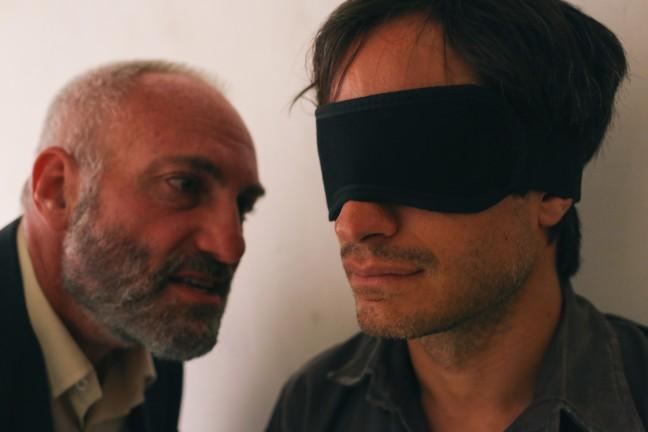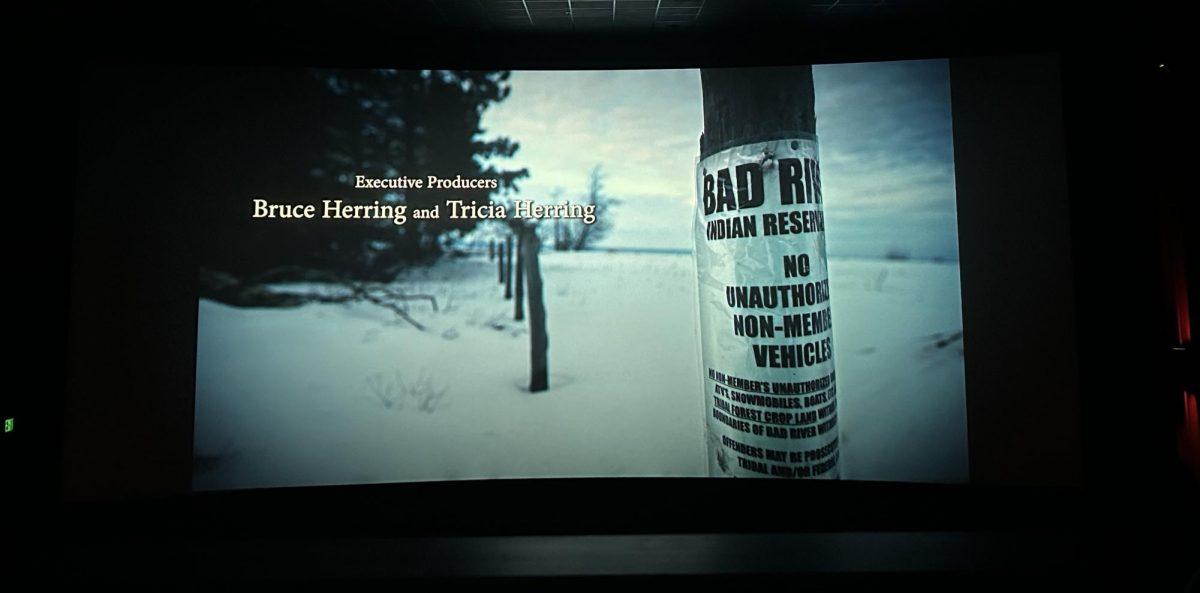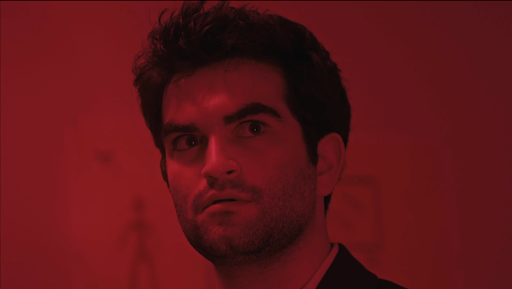Despite an engaging and powerful story from a talented cast, “Rosewater” fails to make an impression. Director Jon Stewart, whose comedy show plays a somewhat prominent role in the story, recreates the experience of Iranian journalist Maziar Bahari, who was imprisoned for almost four months after the Iranian government falsely pegged him as an American spy.
“Rosewater” is an alright film, laden with holes and missteps. I love Jon Stewart as much as the next liberally-minded college student, but hear me out. First of all: Gael García Bernal (“No”), a well-known Mexican actor, plays the Iranian protagonist. He generally pulls off the intelligent Iranian-born, London-resident journalist persona, but this doesn’t allow us to forget that major gap in realism, especially because most/all of the characters are speaking in English instead of Persian throughout the film.
Before “Rosewater” invites us into Bahari’s solitary prison cell, we get a lengthy introduction to Bahari’s character, which includes the manifestation of his pregnant girlfriend in London and his deceased political activist sister and father. He is returning to Iran to cover the 2009 elections for Newsweek.
For those of us who don’t know much about the actual controversy surrounding Bahari’s imprisonment, the beginning can be slightly misleading. The first half hour or so is dedicated to Bahari’s coverage of the election between Mahmoud Ahmadinejad and Hossein Mousavi in Tehran. “Rosewater” shells out plenty of suspense for these first scenes, with Bahari interviewing political activists from both sides and after the election is over, making a critical decision whether or not to film and distribute a violent protest over the election results.
Bahari is clearly a respectable journalist with a dedication to the election and democracy in Iran. After the elections come off as potentially fraudulent, he shows a clear desire to get the protests out to the media as soon as possible, clearly aware of the risks at hand. And sure enough, one morning, a government official smelling of rosewater perfume comes to his mother’s home and drags Bahari to a solitary confinement prison. Captions on the wall read “May God have mercy on me.”
But wait. He is not imprisoned for his controversial footage of protests, but for a brief stint on “The Daily Show” that apparently made him look like an enemy of the state. The movie’s context of post-election turmoil now seems somewhat pointless, although I assume it was Stewart’s goal to reveal how ridiculous the reason for Bahari’s imprisonment was by juxtaposing it against the controversial work Bahari was actually doing.
Over the next four months, Bahari is isolated in his cell, accompanied by the ghosts of his deceased father and sister, who were also imprisoned, but for being communists. His father provides words of wisdom and strength, highlighting the need for Bahari to maintain his dignified manhood above all else. These moments are key, almost a way to reach out to those very real people — whether they be journalists or soldiers or just innocent civilians — who must continue to deal with captivity at the hands of tyrants. Yet, somehow, these words are the easiest ones to forget, leaving us very little to really process and mull over.
Bahari’s main interrogator, Rosewater, spends the rest of the film looking for answers from a man who clearly doesn’t have any. The encounters between Rosewater and Bahari give the film its true promise, whether through a slight, desperate humor or a need for salvation.
However, Bahari’s actual captivity evokes very little real emotion. Taking into account his pregnant wife in London and the loneliness of his widowed mother in Tehran, Bahari’s reaction to his own imprisonment is underwhelming at best. There is no breakdown. There are no profound moments of helplessness. At some points, it almost seems like Bahari is rather indifferent to his situation, which clearly was not the case.
It’s questionable whether it’s Bernal’s acting or the script that is at fault here. There simply isn’t enough attention given to the trauma of being held in confinement. Given that this is the whole purpose of the film — to show how unjust yet prevalent political imprisonment is — the hard-hitting moments of reality don’t make a lasting impact.
Regardless of “Rosewater’s” interesting characters, intelligent story and moments of odd humor, the necessary emotion doesn’t pull through. It’s sad that such a powerful story can leave a moviegoer feeling so indifferent.





















